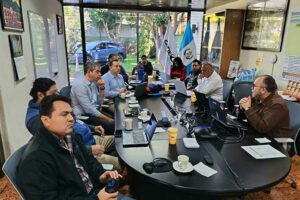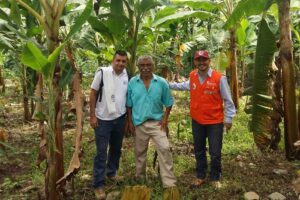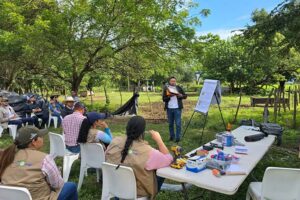Secondary forests of Costa Rica stand out at international tropical biology congress
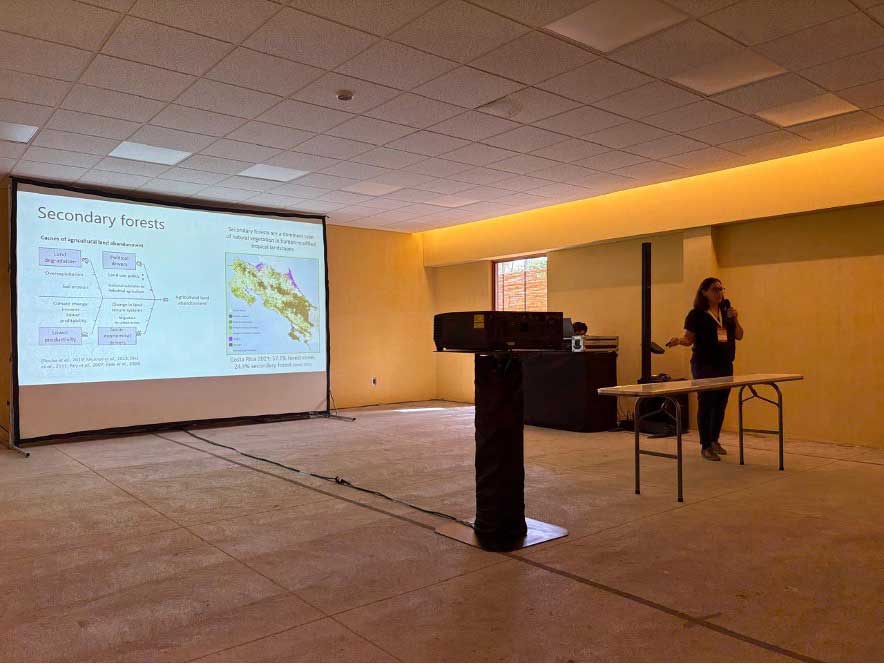
- Research on early secondary succession in Costa Rica was presented by CATIE during the 61st Annual Meeting of the Association for Tropical Biology and Conservation (ATBC), held in Oaxaca, Mexico.
From June 29 to July 4, the city of Oaxaca, Mexico, hosted the 61st Annual Meeting of the Association for Tropical Biology and Conservation (ATBC), one of the most important scientific gatherings worldwide on ecology and conservation in the tropics. The event brought together researchers, students, and academics from over 50 countries to exchange knowledge and strengthen collaboration around the study and protection of tropical biodiversity.
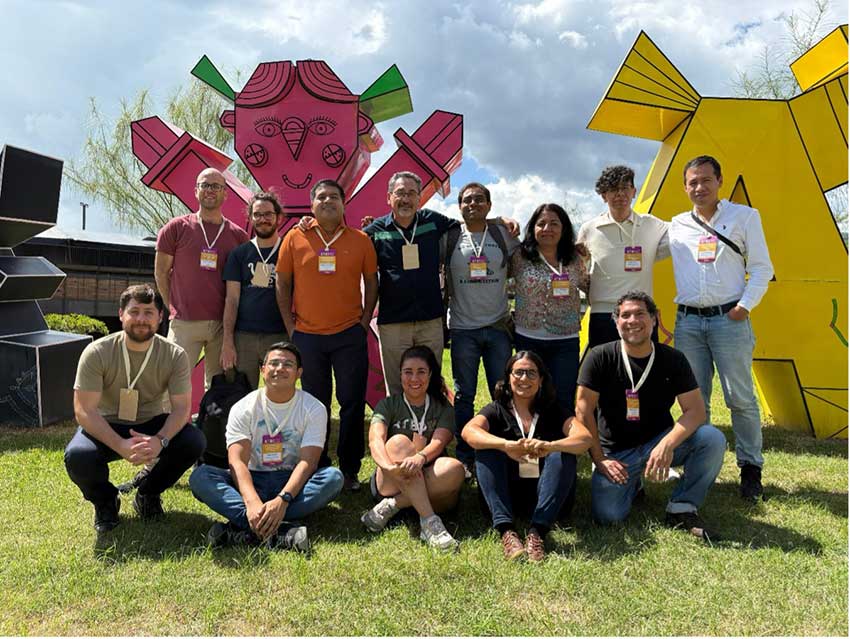
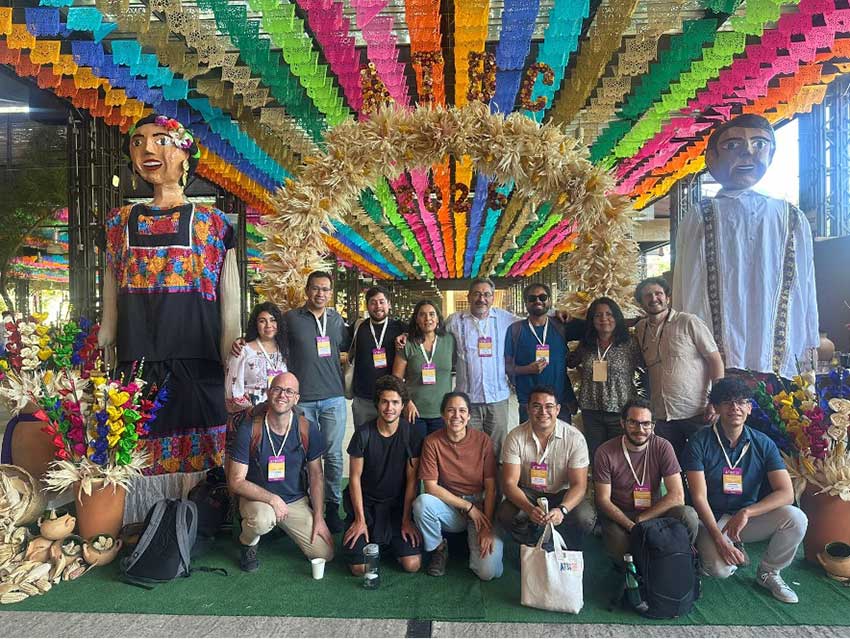
In this context, Adina Chain Guadarrama, a researcher at CATIE (Tropical Agricultural Research and Higher Education Center), through the Latin American Chair of Ecology in Natural Forest Management of the Forests and Biodiversity in Productive Landscapes Unit (UBBPP), presented significant progress in the research line on secondary succession in the Central Volcanic Talamanca Biological Corridor, which the unit is currently carrying out.
The oral presentation, titled Plant communities in early successional stages with different prior land use: insights from Costa Rica, shared the research results of CATIE’s master's student, Laura Brito Pérez, highlighting how previous land use influences plant communities during the early stages of ecological succession.
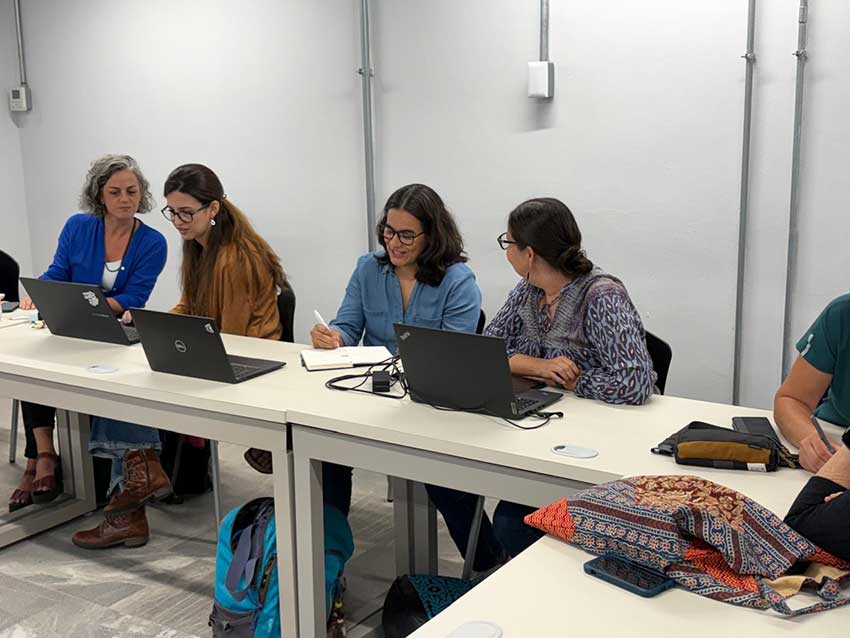
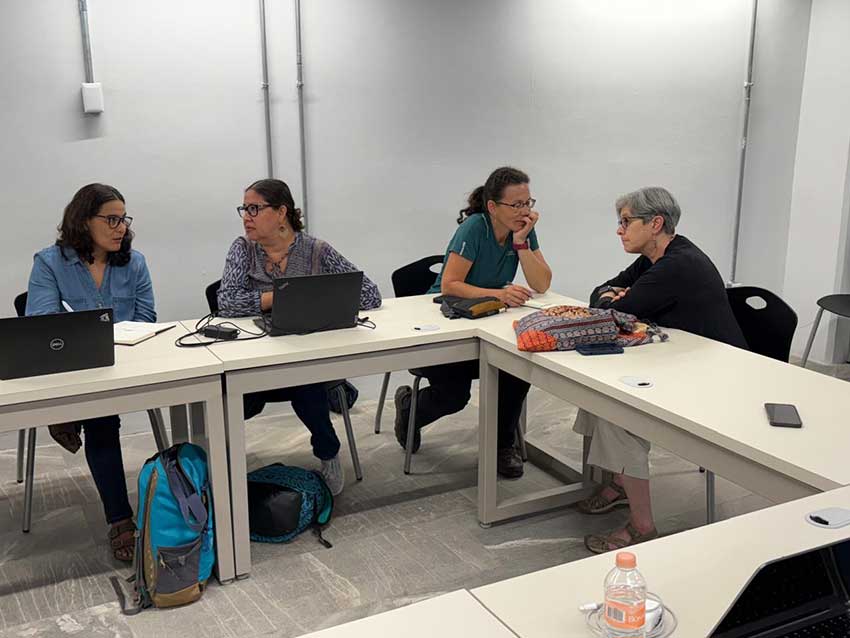
In addition to this academic participation, CATIE also took part in the official meeting of the international research network 2ndFOR, held on June 29, with the participation of renowned institutions such as Wageningen University (Netherlands), the Max Planck Institute (Switzerland), the National Autonomous University of Mexico, and the Federal University of Santa Catarina (Brazil), among others. This collaborative network is dedicated to studying the ecology, dynamics, biodiversity, and ecosystem services of secondary forests in tropical landscapes altered by human activity.
Participation in both spaces made it possible to showcase CATIE’s work in the region, update scientific knowledge, and strengthen international partnerships for future projects, especially in data analysis and joint scientific publications.
These types of congresses represent a key platform for positioning Latin America as a leader in tropical research, and for ensuring that conservation and sustainable development efforts are supported by solid scientific evidence and global cooperation networks.
More information:
Adina Chain
Researcher
Forests and Biodiversity in Productive Landscapes Unit
achain@catie.ac.cr
Written by:
Karla Salazar Leiva
Communicator
Communications and Marketing Office
CATIE
karla.salazar@catie.ac.cr

